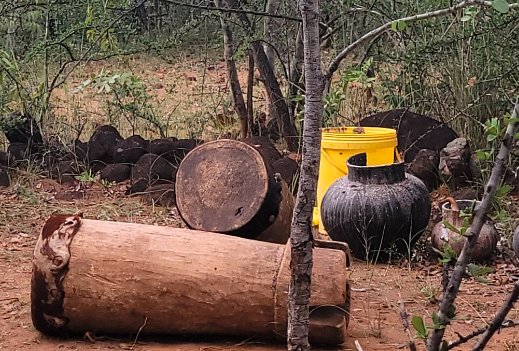In Zimbabwe’s Chipinge District, a new generation of agricultural entrepreneurs is emerging, turning to an unconventional yet promising venture: rabbit farming. Driven by the need for sustainable income and a desire to innovate, these young farmers are finding that rabbit husbandry, or cuniculture, offers a low-barrier entry point into the agricultural sector. They aren’t just raising rabbits; they’re building a foundation for financial independence and, in the process, contributing to a burgeoning national industry.
One such pioneer is Tapiwa Nyagwando, a young farmer who has transformed his backyard into a thriving rabbit breeding project. His story is a testament to the potential of small-scale agriculture when combined with training and support. Tapiwa’s journey is made possible, in part, by organizations like the Network for Community Development (NCD). Formed in 2011, NCD is at the forefront of a nationwide movement to professionalize and expand youth empowerment. The organization’s mission is multifaceted: to improve livelihoods, create wealth, and generate employment, all while ensuring a consistent supply of healthy produce.
The Appeal of Rabbit Farming
For young people like Tapiwa, rabbit farming presents a compelling alternative to traditional agriculture. The initial capital investment can be minimal, making it accessible to those with limited financial resources. Rabbits are highly prolific, meaning they reproduce quickly, allowing farmers to build their herds in a relatively short amount of time. They also require less space and are easier to manage than larger livestock like cattle or goats. This makes rabbit farming an ideal enterprise for urban and peri-urban areas where land is scarce.
Tapiwa acknowledges the initial ease of entry but also points out the challenges of scaling up. “It is easy to get into the budding rabbit industry, but if you want to expand or establish a professional rabbit breeding venture, a substantial amount of capital is needed to make or buy quality and durable equipment,” he said. This financial hurdle, he explains, often limits the participation of many unemployed youths who want to move beyond a small-scale, hobbyist setup. Professional rabbit farming requires specialized cages, feeders, and watering systems, along with a reliable supply of quality feed, all of which represent a significant investment.
A Collaborative Effort for Youth Empowerment
Recognizing these challenges, various organizations are stepping in to help. The Network for Community Development is playing a crucial role in empowering youth in Chipinge District. This organization works with local authorities and other stakeholders to provide training, resources, and mentorship to young farmers. Their initiatives focus not only on the technical aspects of rabbit farming—like breeding, nutrition, and disease management—but also on business skills such as marketing, financial planning, and value addition.
ZICORBA, the Zimbabwe Commercial Rabbit Breeders Association, is also instrumental in providing a structured framework for the industry’s growth. The association offers training workshops, facilitates access to markets, and sets standards for animal welfare and meat quality. Their rigorous screening and testing processes ensure that ZICORBA-certified rabbit meat is safe and healthy, building consumer confidence and creating a sustainable market for farmers. By working with young breeders from the ground up, ZICORBA is cultivating a generation of skilled and professional entrepreneurs who can contribute to Zimbabwe’s economic development.
The ripple effect of these initiatives is already visible in communities across Chipinge. As young farmers like Tapiwa succeed, they become role models, inspiring their peers to explore similar opportunities. This grassroots movement isn’t just about farming; it’s about building a sense of purpose, self-reliance, and economic resilience among the youth. The collaborative efforts of ZICORBA and the Network for Community Development are turning a simple backyard project into a catalyst for change, demonstrating that with the right support, young farmers in Zimbabwe can not only create an income but also transform their lives and their communities.













